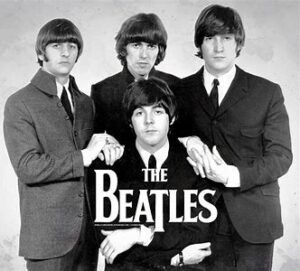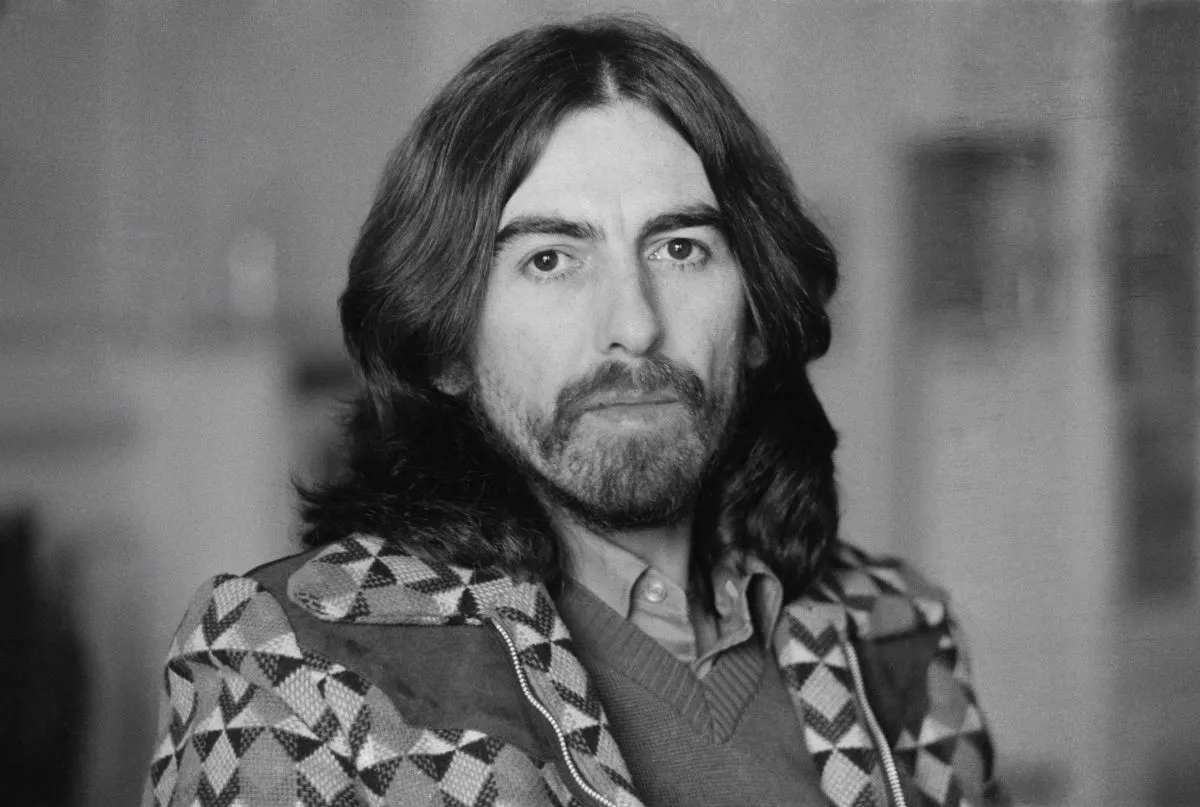In the years following the height of their fame, The Beatles became entangled in numerous legal battles, particularly concerning the protection of their intellectual property. One of the members, George Harrison, often expressed his disillusionment with these issues, suggesting that The Beatles could have initiated many more lawsuits if they had chosen to. His statement, that the band “could have sued a lot of people,” sheds light on the complex nature of their post-Beatles experience, especially regarding their music, image, and legacy.
The Beatles’ Legal Challenges and Intellectual Property
The Beatles, as one of the most influential bands in history, were constantly under the spotlight. Their music and image were not only revolutionary but also highly valuable. However, they became targets for unauthorized use and imitation. The band’s members, along with their business teams, faced numerous copyright infringements over the years. As George Harrison noted, the band was in a position where legal action could have been taken against many who tried to capitalize on their success without permission.
The music industry in the 1960s and 1970s was markedly different from today’s environment, where intellectual property laws are far stricter and more rigorously enforced. In the early days, the concept of protecting music as intellectual property was still evolving. Many artists, including The Beatles, faced difficulties in maintaining control over their creations. Unauthorized covers, merchandise, and even complete copies of their albums circulated widely, both in the UK and abroad.
For Harrison, the notion that The Beatles could have pursued more lawsuits indicates just how prevalent the issue of intellectual property theft was at the time. The band’s management and legal teams did take steps to protect their work, but the sheer volume of infringement cases made it impossible to pursue every single one. This would have placed an immense strain on the band, both financially and emotionally.
Harrison’s Personal Experience with Legal Troubles
George Harrison himself was no stranger to the courtroom, having been involved in a high-profile legal battle over his song “My Sweet Lord.” Released in 1970, the song was a massive hit, but it soon attracted legal attention. In 1971, Bright Tunes Music Corporation sued Harrison for plagiarism, claiming that “My Sweet Lord” was too similar to The Chiffons’ 1963 hit “He’s So Fine.” Harrison lost the case in 1976, and it was determined that he had “subconsciously” copied the melody of “He’s So Fine.”
The experience left Harrison deeply frustrated. He maintained that the similarities between the two songs were coincidental and that he had not intentionally copied The Chiffons’ hit. However, the legal system found otherwise, and Harrison was forced to pay a significant settlement. This case is often cited as a landmark in music copyright law, and it undoubtedly shaped Harrison’s views on legal disputes in the music industry. His experience highlights how even successful and well-established artists like The Beatles were vulnerable to lawsuits, whether they were the plaintiffs or defendants.
The Impact on The Beatles’ Legacy
The idea that The Beatles could have sued many more people also speaks to the broader issue of how their legacy was handled after their breakup in 1970. As individual artists, each member faced challenges in defining their post-Beatles careers while dealing with ongoing legal and financial entanglements related to their time with the band.
Paul McCartney, for instance, fought a lengthy battle to regain control of The Beatles’ publishing rights, which had been sold to various entities over the years, eventually falling into the hands of Michael Jackson in 1985. McCartney’s struggle to reclaim these rights continued for decades, highlighting just how complicated the business side of The Beatles’ legacy had become.
For George Harrison, the issue of protecting The Beatles’ intellectual property likely felt like a double-edged sword. On one hand, it was essential to prevent others from profiting off their work without permission. On the other hand, constantly fighting legal battles could be draining and distracting, taking away from the creative pursuits that had originally defined The Beatles.
In addition to issues of copyright infringement, The Beatles also faced problems related to their image and brand. The band’s likeness was often used without permission in various forms of media, from posters to advertisements. While some of these uses were harmless or even celebratory, others were blatant attempts to cash in on The Beatles’ popularity. The band’s management and legal teams worked tirelessly to prevent such exploitation, but as Harrison indicated, it was impossible to stop every instance.
The Changing Landscape of Intellectual Property in Music
In today’s world, intellectual property laws are much more robust, and artists have far more tools at their disposal to protect their work. Platforms like YouTube, Spotify, and other streaming services have implemented algorithms and legal frameworks to detect and remove unauthorized content. Musicians can more easily monitor and address copyright infringements in real time, unlike in the 1960s and 1970s when The Beatles were at their peak.
George Harrison’s comment that The Beatles could have sued a lot of people reflects how drastically the landscape has changed since then. Today, it is common for artists to take swift legal action against anyone who uses their work without permission, and the courts are far more attuned to the nuances of intellectual property in music. In contrast, The Beatles and their contemporaries were pioneers in navigating these challenges, often without the legal protections that artists now enjoy.
Conclusion
George Harrison’s reflection on The Beatles’ potential legal battles offers a window into the complex and often frustrating world of intellectual property for musicians. While the band did pursue some lawsuits, the sheer scale of unauthorized use of their work meant that they could never fully protect their creations. Harrison’s own experiences, particularly with “My Sweet Lord,” highlight how even the most successful artists can find themselves entangled in legal disputes over their music.
The Beatles’ legacy as one of the greatest bands of all time remains untarnished, but their legal battles remind us that even legendary musicians must navigate the complexities of the music industry. Harrison’s remark serves as a reminder of the challenges The Beatles faced and the importance of protecting artistic integrity in a rapidly evolving world.
